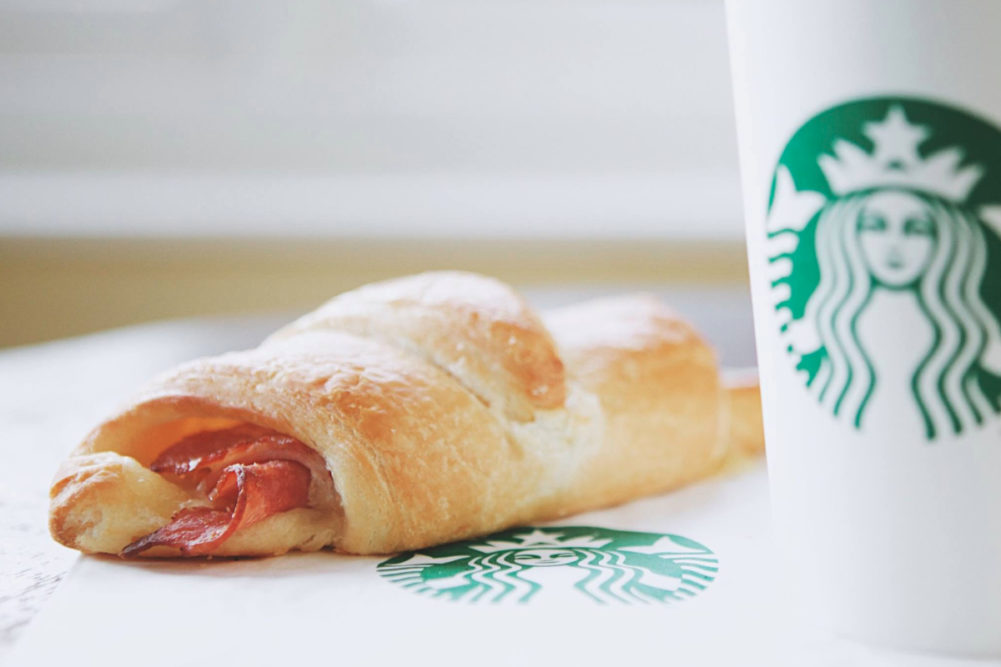SEATTLE — Soaring cold drink sales in the United States prompted Starbucks Corp. to upgrade its fiscal-year outlook. Executives at the Seattle-based company now expect fiscal earnings per share to be in a range of $2.97 to $3.02, up from a previous guidance of $2.65 to $2.75 per share.
Net income in the third quarter ended June 27 was $1.15 billion, equal to 97¢ per share on the common stock, up from a net loss of $678.4 million, or 58¢ per share, in the same period a year ago. Quarterly revenues grew 78% to $7.5 billion. The company attributed quarterly revenue growth to a 73% increase in comparable store sales, primarily from lapping the impact of pandemic-related disruption last year, and to strength in US company-operated sales in the current year.
In Starbucks’ Americas business unit, quarterly revenues were $5.4 billion, up 92% from the same period a year ago and 13% from two years ago. Operating income rose to $1.3 billion, compared to an operating loss of $404.9 million a year ago and an operating income of $1.07 billion in the third quarter of 2019.
In the United States, same-store sales climbed 83% year-over-year and 10% on a two-year basis, primarily driven by cold drinks, which accounted for 74% of Starbucks’ total beverage sales in the third quarter, up from 64% two years ago.
Strong demand for customized cold drinks resulted in the company’s highest-ever average ticket size in the United States.
“Over the last two years, we've seen a meaningful increase in customizations, such as adding cold foam or a shot of espresso,” said Kevin Johnson, president and chief executive officer of Starbucks, in a July 27 conference call with analysts. “Additionally, alternative dairy offerings represent nearly 25% of milk-related beverage sales, up from the prior year. These innovative offerings in cold and alternative dairy are particularly attractive to millennial and Gen Z customers and are aligned with our focus on the well-being of people and the planet.”
Strong sales in rural and suburban areas also boosted average ticket size, with drive-thru accounting for nearly half of all Starbucks sales. The company expects average ticket size will decrease moderately as more people return to the office and place single-drink orders in urban locations.
“As we see more single-beverage transactions, we expect our ticket to moderate, but we do believe that our ticket will remain elevated compared to pre-pandemic levels,” said Rachel Ruggeri, executive vice president and chief financial officer. “Drivers of that are the continued attach we see in food… and our ability to continue to move customers to our cold beverages, which have a more premium price.”
Mr. Johnson said the company has locked in the price of its coffee beans for the next 14 months, which will help protect against the impact of higher prices due to cold temperatures in Brazil.
Starbucks expects to see rising inflation in the coming quarters and in fiscal 2022 in areas such as labor.
“What our analytics and insights tell us is that we do have pricing power, and we see that in the premiumization of our beverages and the gravitation toward our promotional offerings,” Ms. Ruggeri said. “This is our opportunity to be able to leverage price in those ways… Pricing will be one of the many levers that we use to offset those headwinds.”






